Tuesday, April 23, 2024

The Latest @ USIP: How to Address Sudan’s Humanitarian Crisis Amid War
Nearly nine months into Sudan’s civil conflict, the fighting has not only upended daily life across the country, but also disrupted Sudan’s already shaky economic and social services — leaving millions in need of dire humanitarian assistance. Patrick Youssef, regional director for Africa at the International Committee of the Red Cross, discusses how the conflict is affecting Sudan’s civilian population and why some sort of agreement between the warring sides is the only way to safely clear avenues for humanitarian intervention.
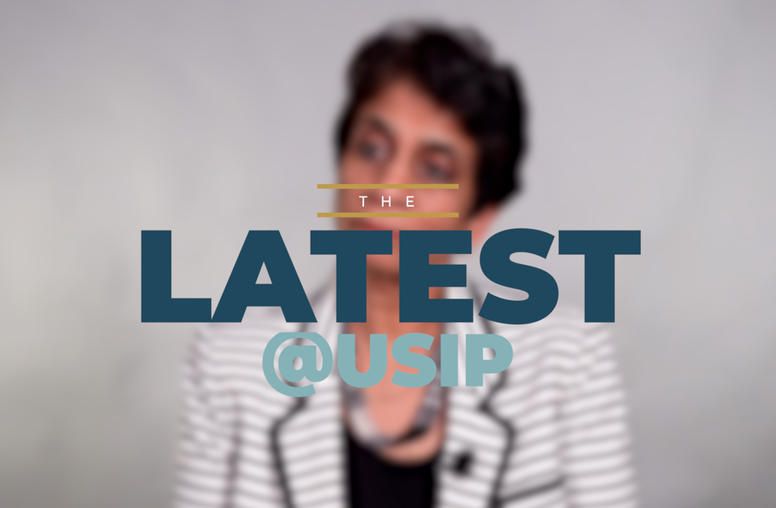
The Latest @ USIP: U.N. Engagement in Afghanistan
While some parts of the Afghan economy managed to stabilize in 2023, poverty continued to increase and now stands at 69 percent of the population. Kanni Wignaraja, director for Asia and the Pacific at the U.N. Development Programme, discusses UNDP’s efforts to build resilience in local markets and promote women-owned enterprises in Afghanistan; explores ways to navigate relations with the Taliban; and examines how the decline in international aid is affecting humanitarian efforts in the country.

Ask the Experts: The Genocide Convention 75 Years On
Since the Genocide Convention was introduced 75 years ago, the crime of genocide has become so well known and so well understood that the international backlash is nearly instantaneous — and holding perpetrators accountable for this crime is foundational to many international judicial systems, from the tribunals for the former Yugoslavia and Rwanda in the 1990s to the prosecution of the Khmer Rouge in Cambodia. USIP’s Andrew Cheatham spoke with David Scheffer, the former U.S. ambassador at-large for war crimes issues and professor at Arizona State University, about the history of the Genocide Convention and the mechanisms by which genocide and other atrocity crimes are prosecuted.
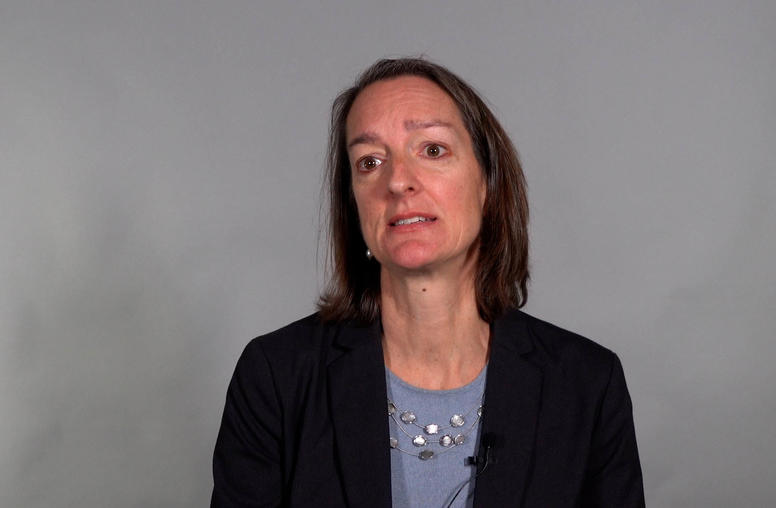
RISE Action Guide: Addressing the Collective Trauma of Violent Extremism
The territorial defeat of ISIS gave way to another challenge, one that is common with violent extremist groups around the world: How to handle the tens of thousands who lived under — and engaged with — the Islamic State. With just under 50,000 people from over 60 countries still consigned to displacement camps and detention centers in the region, the lack of a long-term solution offers ISIS a possible recruiting source to reconstitute their ranks. USIP’s Rehabilitation and (Re)integration through Individual, Social, and Structural Engagement (RISE) Action Guide offers an approach to develop viable exit ramps for those who have engaged in violent extremism to return to society — as well as support for the communities affected by it.
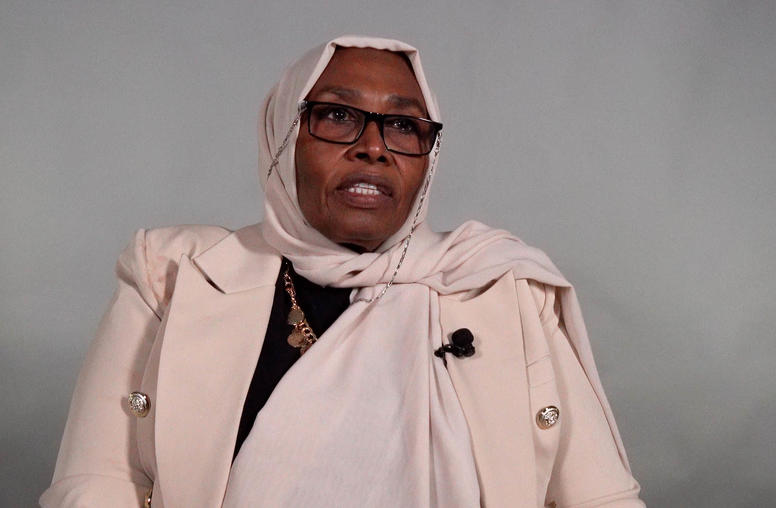
Missing Peace Initiative: Listen to Survivors to Prevent Sexual Violence in War
For over a decade, the Missing Peace Initiative has brought together scholars, policymakers, practitioners and survivors of conflict-related sexual violence to discuss new ways to prevent this scourge of war. At the initiative’s second global symposium, USIP spoke with several experts on the progress made in the last 10 years, the importance of hearing directly from survivors and persons with disabilities, and the continued work that needs to be done to end this horrific crime.
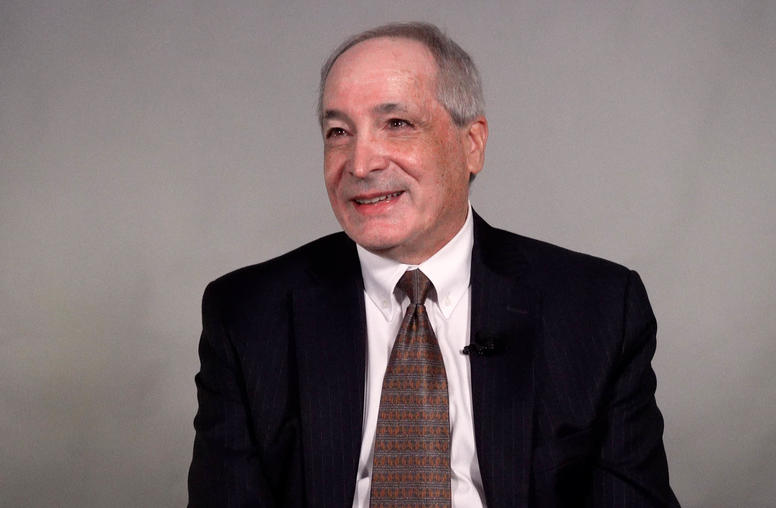
USIP’s ‘First in War, First in Peace’ Series
The U.S. Institute of Peace’s new series, “First in War, First in Peace,” looks to engage with veterans who experienced the horrors of conflict firsthand and have now dedicated themselves to building nonviolent paths toward peace. Patrick Spero, executive director of the George Washington Presidential Library at Mount Vernon, and USIP’s Michael Yaffe discuss why the legacy of our nation’s first president was the right topic for the series’ inaugural event, what they hope the series can accomplish going forward, and the need to connect with various veterans’ groups and organizations around the country.
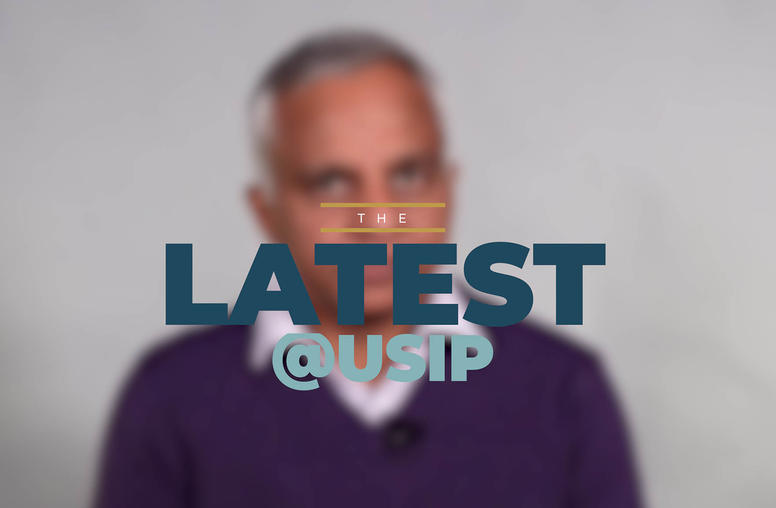
The Latest @ USIP: What’s Needed to Ease China-India Border Tensions?
Tensions along China and India’s remote Himalayan border continue to rise, with more than 50,000 soldiers stationed in the region on either side. The situation has begun bleeding into other facets of China-India relations, as diplomacy and economic cooperation have decreased in recent years. Sushant Singh, a senior fellow at the Centre for Policy Research in India, discusses the short-term options for easing the border dispute, India’s broader aims regarding its relationship with China, and how the U.S. and India should lean on their shared democratic values as they seek to counter China’s aggressive rise on the world stage.
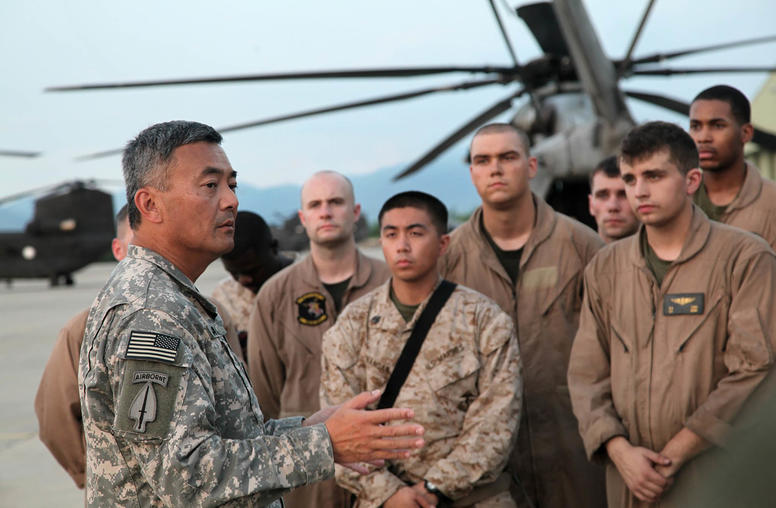
On Veterans Day and Every Day, U.S. Veterans Are Peacebuilders
The Veterans Day that Americans observe this week is rooted in hopes for peace that burst in 1918 from a train parked in a French forest: Allied and German military officers had signed a halt to humanity’s deadliest war ever. One hundred five years later, warfare in Ukraine, Israel-Gaza and dozens of countries have heightened both bloodshed and Americans’ concerns about whether humankind can fulfill our hopes for a world governed through laws rather than armed might. Still, the building of peace continues, even amid violence — and its builders include those who know best the horror of wars for having fought them.
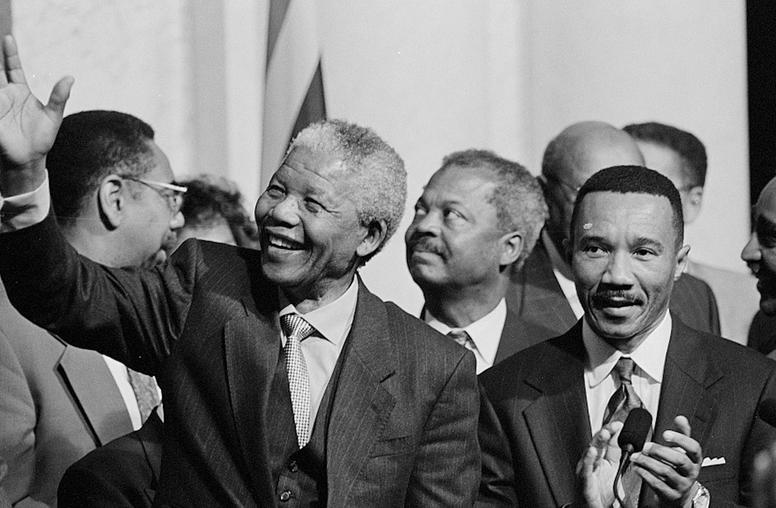
USIP’s Mandela Series
After spending 27 years in prison, many expected Nelson Mandela to emerge as a man full of bitterness and anger toward those who had imprisoned him. Instead, he emerged as a towering figure of peace and justice whose own self-sacrifice and leadership were instrumental in ending the brutal apartheid system in South Africa. USIP’s Ambassador Johnnie Carson discusses the Institute’s new Mandela Series — a collection of lectures and seminars from notable peacebuilders that celebrates Mandela’s life and explores how his legacy can guide those seeking a better, more peaceful future.
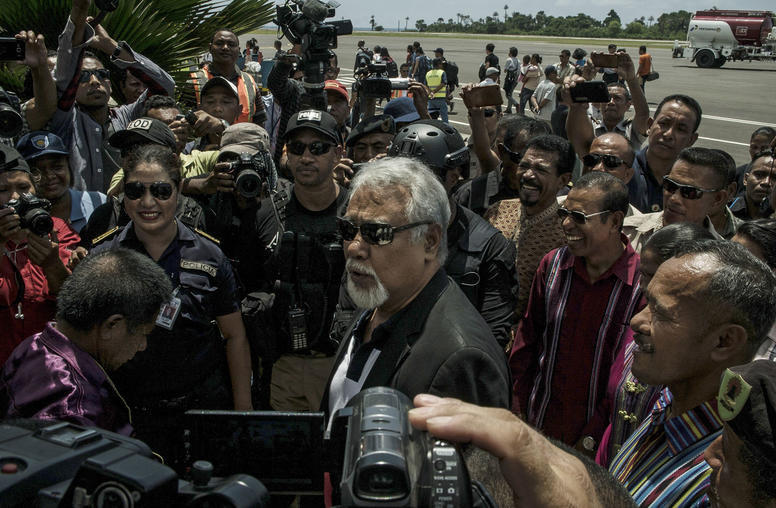
Timor-Leste’s Gusmão: Does the ‘Old Dog’ Have New Tricks to Save the Economy?
Timor-Leste penetrates the world’s consciousness much less frequently than it did at the turn of the century when the Southeast Asian nation featured prominently in narratives about peacekeeping, state building, and approaches to peace and conflict, as its political leaders such as rebel leader turned statesman Kay Rala Xanana Gusmão gained global renown. And that relative silence is to Timor-Leste’s credit. The country is quiet and politically stable. Crazed driving is a bigger problem in the capital, Dili, than crazed men with guns.
